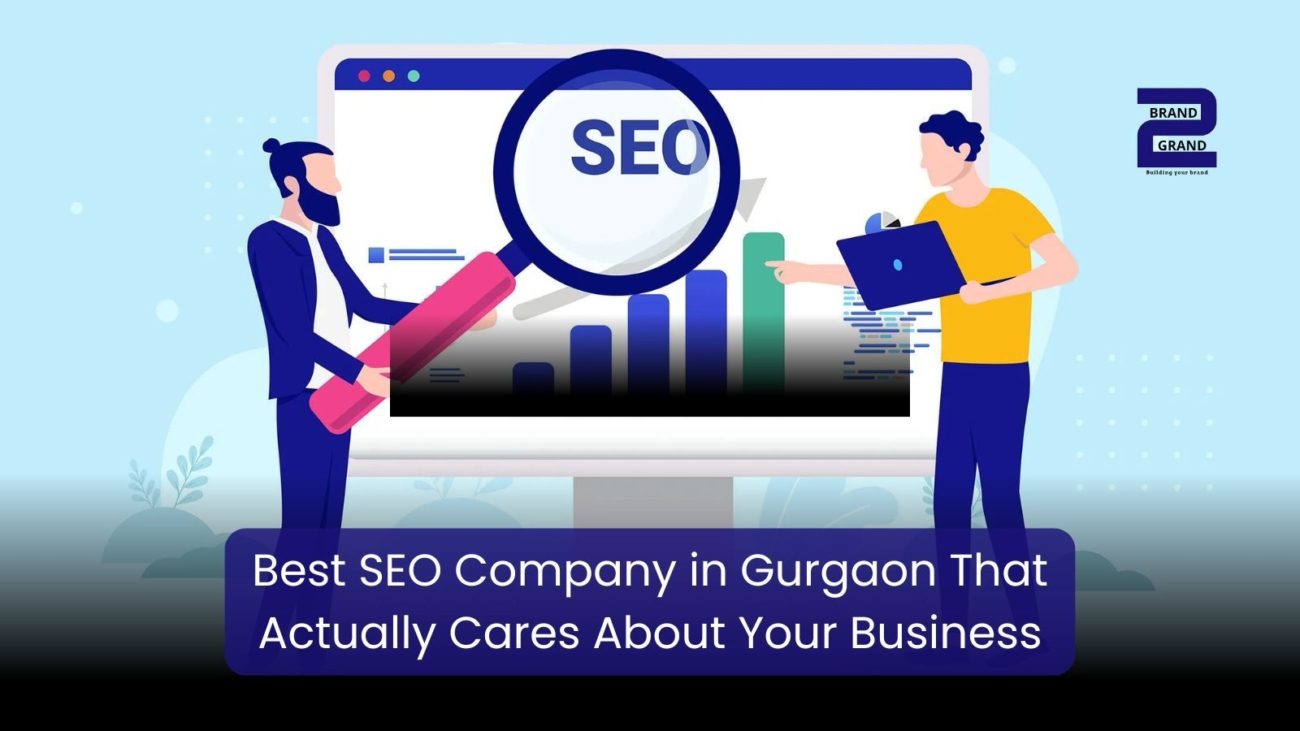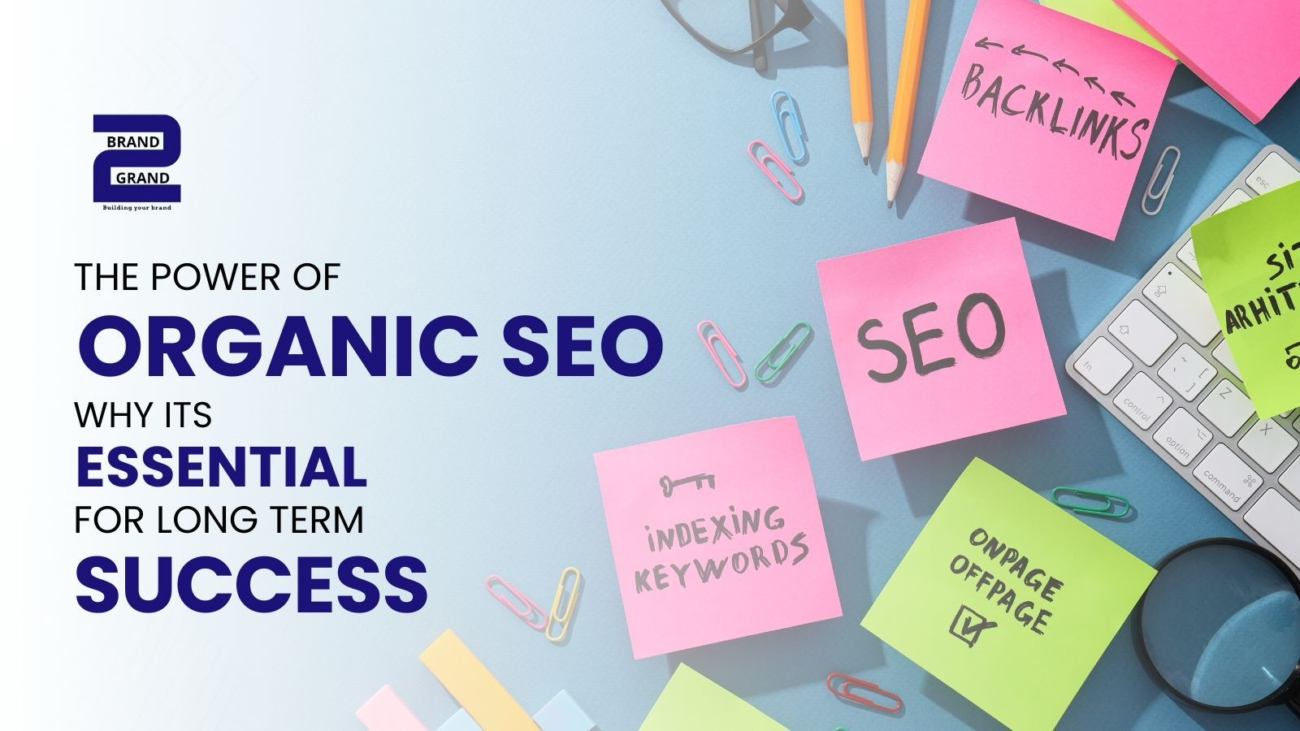Imagine this: You’re craving a hot cup of coffee, you open your phone, and type “best coffee near me.” Within seconds, a list of cozy cafés pops up, complete with reviews, directions, and photos. You pick the one with the best vibe — all thanks to Local SEO.
Now think about your business. When someone searches for the products or services you offer in your area, do you show up?
If the answer is no (or even maybe), then it’s time to pay attention — because in 2025, Local SEO isn’t just optional, it’s essential.
What Is Local SEO?
Optimizing your online presence to draw in more business from relevant local searches on Google and other search engines is known as local SEO (Search Engine Optimization). This includes everything that helps local clients locate and trust you, such as your Google Business Profile, local citations, reviews, location-based keywords, and mobile optimization.
Additionally, “near me” searches have increased dramatically in recent years as smartphone searches and voice assistants like Siri or Alexa become more commonplace.
Why Local SEO Matters More in 2025
- Consumer Behavior Has Changed
- People want instant results near them. Whether it’s food, clothing, salons, or real estate — local searches are driving more purchase decisions than ever.
- Zero-Click Searches Are the New Norm
- Customers often find all the information they need directly from your Google listing. If your profile isn’t optimized, they’ll scroll right past you.
- Voice Search is Growing
- “Hey Google, find a bakery near me.”
These voice queries depend on solid local SEO. If your listing isn’t optimized for such searches, you’re missing out on customers — hands-free!
- “Hey Google, find a bakery near me.”
- Google Prioritizes Local Relevance
- Even if your website is beautiful and fast, Google now gives preference to businesses that are well-optimized locally.
Why Work with the Best Local SEO Company in Gurgaon?
If you’re a business owner in Gurgaon — where competition is fierce and digital attention is limited — working with experts who understand the local market can make all the difference.
At Brand2Grand, we pride ourselves on being the best local SEO company in Gurgaon, because we don’t just focus on rankings. We focus on results — foot traffic, calls, reviews, and revenue.
From optimizing your Google Business Profile to building citations, geo-tagging images, managing reviews, and crafting locally targeted content — we take care of everything, so you can focus on running your business.
Local SEO = Real Connections
Being there for your community when it needs you is the goal of local SEO, which goes beyond rankings. It all comes down to visibility, relevance, and trust. Furthermore, in 2025, you are completely invisible if you are not visible locally.
Therefore, it’s time to make the move, regardless of whether you run a restaurant, boutique, consulting business, or service provider.
Allow your neighbors to discover you, have faith in you, and pick you.
Ready to Get Found?
Partner with the best local SEO company in Gurgaon and take your local visibility to the next level. Because being the best-kept secret in town isn’t a good thing anymore — let’s make sure the whole city knows your name.











